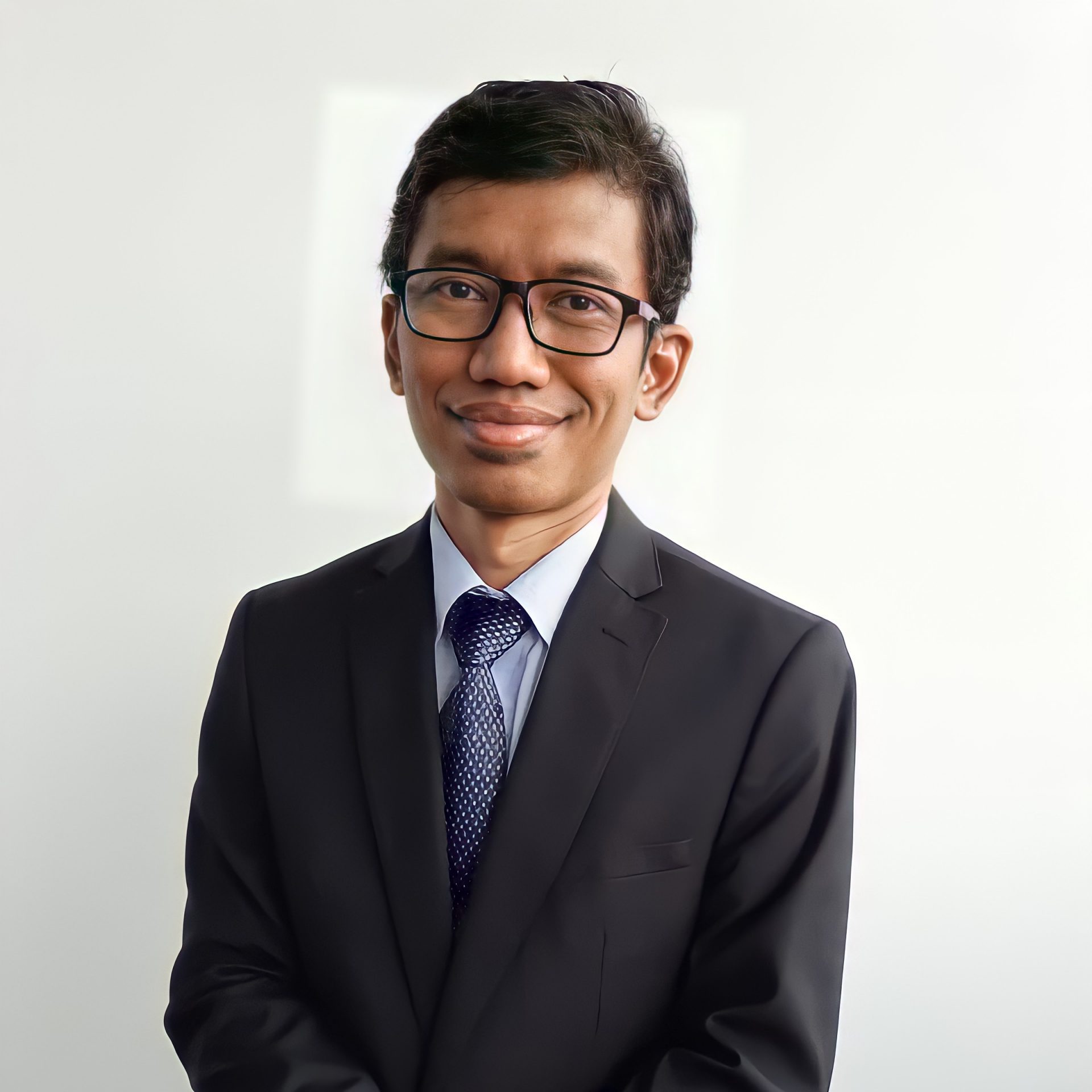Module
Comparative Historical Analysis Workshop
Schedule:
- 1 July (09:30 – 15:30)
- 2 July (09:30 – 15:30)
About
The first module of comparative historical analysis (CHA) will introduce comparative historical analysis to the participants who have no background knowledge about the method. As distinguished pedigree in political science, comparative historical analysis focuses on “big structures, large processes, huge comparisons” (Tilly 1984), and searches for “historically grounded explanations of large-scale and substantively important outcomes” (Mahoney and Rueschemeyer 2003). This module starts the course by introducing theories of comparison and discussing their strengths and limitations through a survey of recent examples in social and political sciences. It introduces basic concepts and methods in CHA, like controlled comparison, causal mechanism, and process tracing, and how they will be applied in comparative research. By the end of the course, participants are expected to be able to develop a simple, comparative research design and apply these concepts in the design.
Instructors
Sirojuddin Arif
Universitas Islam Internasional Indonesia
Head of the MA in Political Science Program at UIII. He was a Fulbright Scholar and earned Ph.D. in Political Science from Northern Illinois University, USA. Dr. Arif holds M.Sc. in Social Anthropology from the University of Oxford, UK, and MA in Interdisciplinary Islamic Studies from UIN Syarif Hidayatullah, Jakarta. Before joining UIII, he taught research methods and political Islam at the Graduate School of UIN Syarif Hidayatullah. Dr. Arif has been also a research associate at the SMERU Institute, Jakarta. His research interest focuses on comparative politics, politics of development, religion and politics, and comparative and mixed methods. His works appeared in the IDS Bulletin, Journal of International Development, and Journal of Development Perspective.
